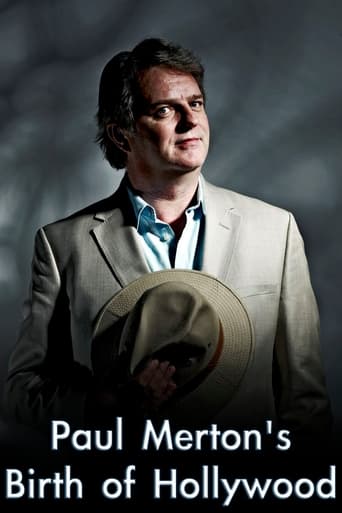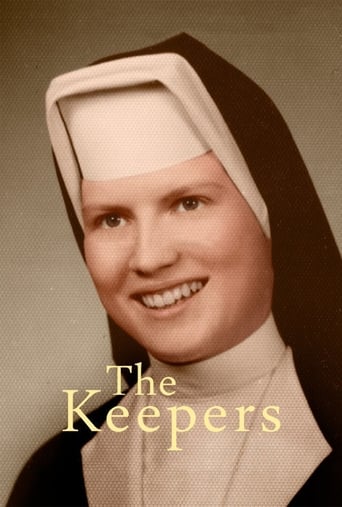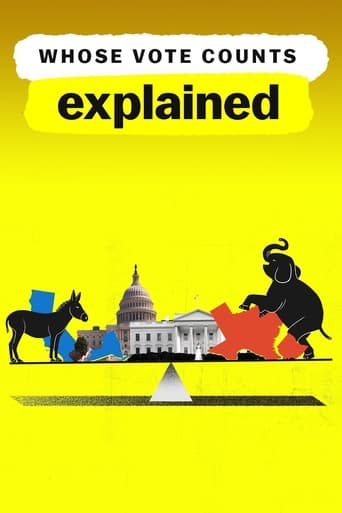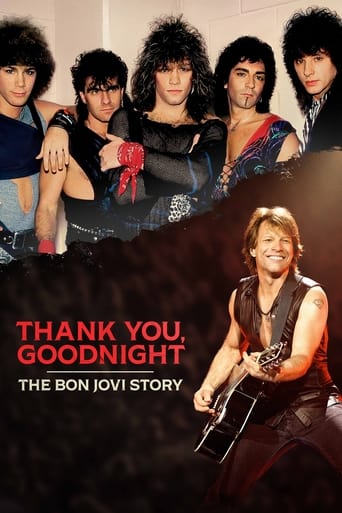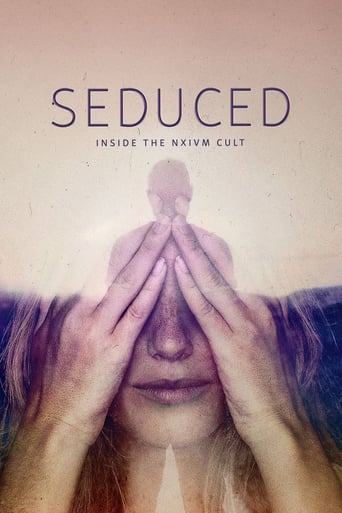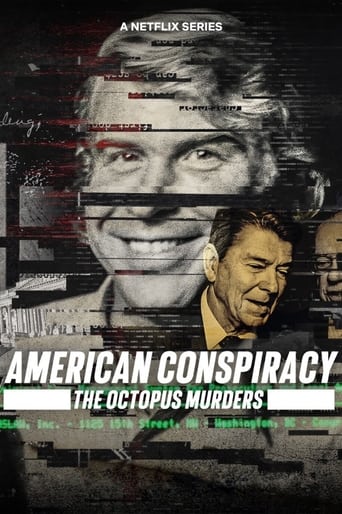Paul Merton's Birth of Hollywood Season 1
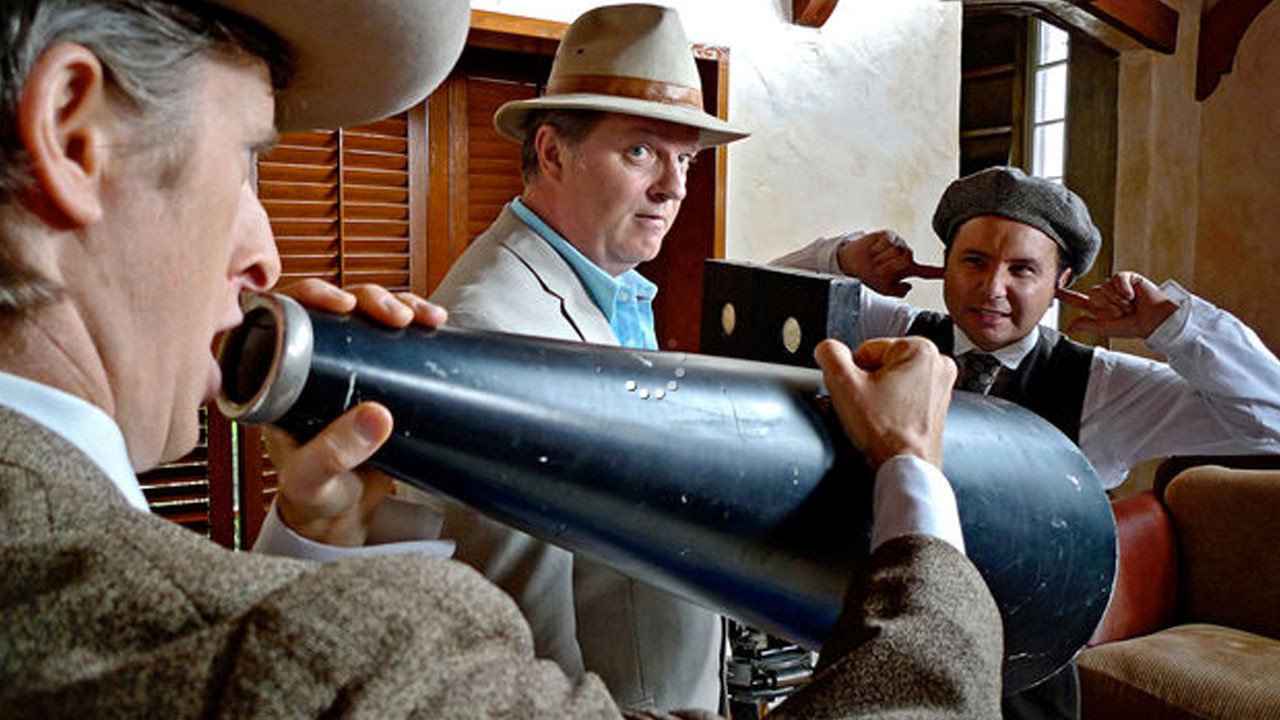
Paul Merton's Birth of Hollywood is a 2011 BBC documentary series written, directed and presented by Paul Merton. The three-part series traces the rise of the American film-making industry in Hollywood through from the early years of film-making to the foundation of the major motion-picture studios and the new class of the film star.
Watch NowWith 30 Day Free Trial!
Paul Merton's Birth of Hollywood
2011
Paul Merton's Birth of Hollywood is a 2011 BBC documentary series written, directed and presented by Paul Merton. The three-part series traces the rise of the American film-making industry in Hollywood through from the early years of film-making to the foundation of the major motion-picture studios and the new class of the film star.
Watch Trailer
Paul Merton's Birth of Hollywood Season 1 Full Episode Guide
Paul Merton traces the rise of the studios through the story of MGM - the biggest dream factory of them all, which boasted of 'more stars than the heavens'. Metro Goldwyn Mayer's studio system was perfected by its young producer Irving Thalberg, the boy genius of Hollywood's silent era. The programme shows how he challenged the power previously wielded by the director of a film, taking on a much more creative role as the producer. This involved dealing with some of the most notorious egos in movie-making, such as that of flamboyant director Erich Von Stroheim. It was famously said of Thalberg that he didn't just make movies - he 're-made' them. He may have turned MGM into what Paul Merton calls 're-take valley' but Thalberg never put his name on any of his films, even the original Ben Hur or Mutiny on the Bounty - which may explain why you might never have heard of this remarkable man who did more than anyone to steer 1930s Hollywood from the silent to the sound era.
Paul Merton's journey through early Hollywood reaches the 1920s when in prohibition America the cinema industry was on a collision course with its public because of a run of drink, drugs and sex scandals. Having cynically used the popular press to promote its stars and keep their reputations spotless, it now faced a media obsessed with exposing the dark and decadent side of their glamour. The programme tells the story of the rise and fall of the lost comic genius of silent Hollywood - Roscoe 'Fatty' Arbuckle - who was charged with the murder of a young actress after an illegal drinks party went wrong. Paul Merton makes a powerful case that Arbuckle was an innocent man, an unfortunate victim of a new type of fame created by the Hollywood studios which had been turned against them. In their rush to clean up their act they were prepared to make the genial Arbuckle a sacrificial victim.
Hollywood is still a sleepy California backwater of orange groves about to be transformed by filmmakers from the East Coast in search of sunny locations and wide open spaces. During this explosive early period, one of Hollywood's most influential and controversial directors was D.W. Griffith. Within the space of a few short years, he went from making short 'cliffhangers' to three-hour epics as Hollywood cinema became a worldwide entertainment medium. Paul Merton retrieves cinema's founding DNA and explores Griffith's career and the beginnings of the star system, which created screen idols like Mary Pickford, star of many of Griffith's movies.
Free Trial Channels
Seasons


